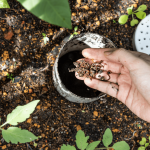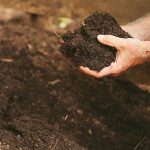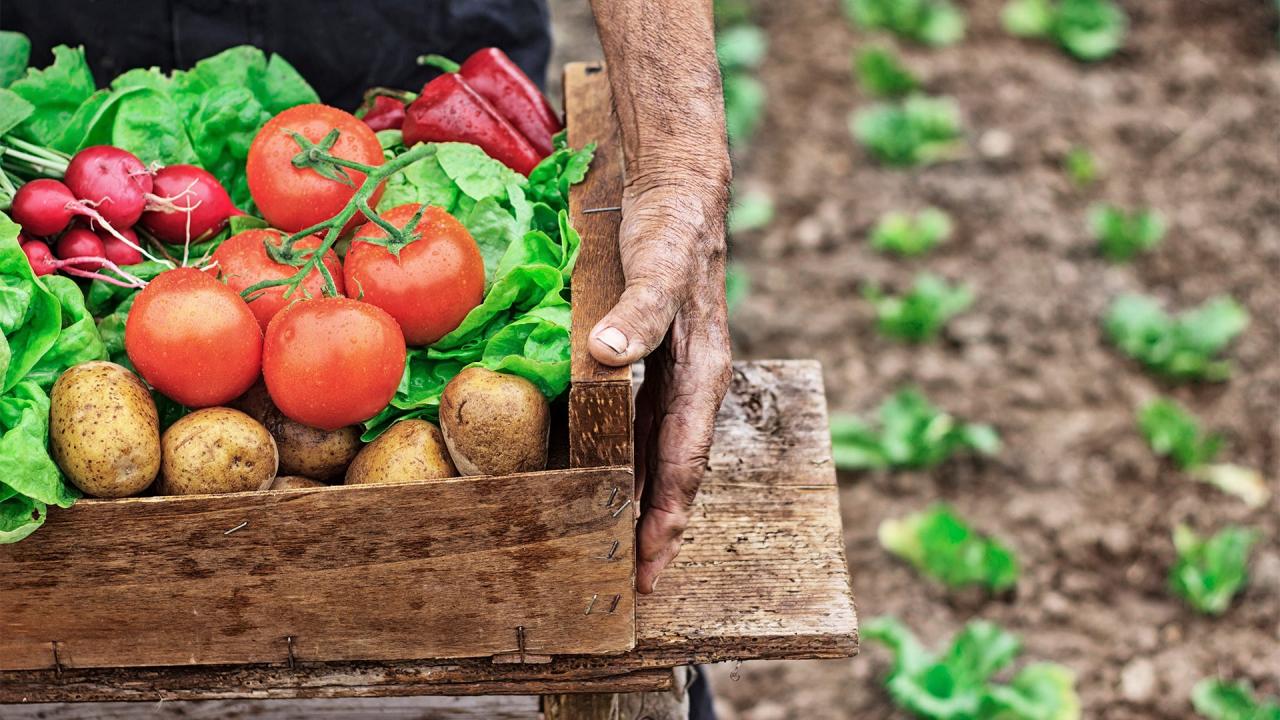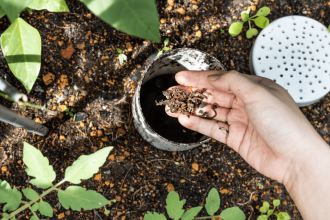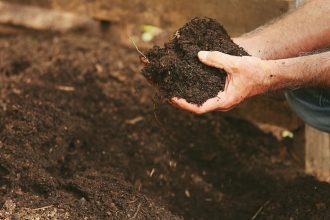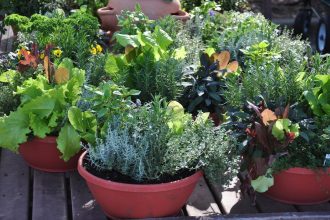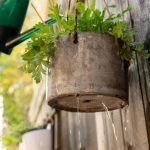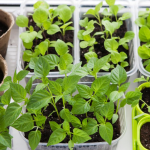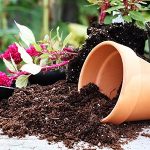In a world filled with synthetic substances and mass-produced foods, creating an organic garden from scratch can be a grounding and rewarding experience. Whether you’re a seasoned gardener looking to switch to organic practices or a beginner eager to dive into the world of sustainable gardening, starting an organic garden is simpler than you think. Follow these steps to cultivate your very own green oasis and nourish both your body and soul through the power of nature.

Choosing the Right Location for Your Organic Garden
When starting an organic garden from scratch, one of the most important decisions you’ll need to make is choosing the right location for your garden. The location of your garden will have a significant impact on the success of your crops, so it’s crucial to choose wisely.
First and foremost, consider the amount of sunlight that the location receives. Most vegetables and fruits require at least 6-8 hours of sunlight per day to thrive. Choose a spot in your yard that gets plenty of sunlight throughout the day to ensure that your plants receive the light they need to grow.
Next, consider the soil quality of the location. Organic gardens thrive in soil that is rich in nutrients and well-draining. Test the soil in your potential garden location to ensure that it is suitable for planting. If the soil is lacking in nutrients, you may need to amend it with compost or other organic matter.
Lastly, consider the accessibility of the location. Make sure that your garden is easily accessible so that you can water, weed, and harvest your crops with ease. Consider factors such as proximity to your home, water source, and tools. By choosing a location that meets these criteria, you’ll be setting yourself up for a successful organic garden from the start.
Preparing the Soil: A Vital Step in Organic Gardening
In order to cultivate a successful organic garden from scratch, the first essential step is to properly prepare the soil. This crucial process sets the foundation for healthy plant growth and abundant harvests. By following these key guidelines, you can ensure that your organic garden thrives with vibrancy and productivity.
Remove any existing weeds or debris: Before you begin planting, it’s essential to clear the soil of any unwanted weeds or debris. This will help prevent competition for nutrients and sunlight, allowing your plants to flourish without obstruction.
Amend the soil with organic matter: Adding compost, manure, or other organic materials to the soil will enrich its fertility and improve its texture. This will provide essential nutrients for plant growth and promote beneficial microbial activity in the soil.
Test the soil pH: It’s important to know the pH level of your soil to ensure optimal conditions for plant growth. You can test the soil using a pH meter or pH testing kit, and adjust the pH as needed with organic amendments such as lime or sulfur.
Till the soil: Once you have cleared the soil, amended it with organic matter, and tested the pH, it’s time to till the soil to a depth of at least 8-12 inches. This will help loosen the soil, improve drainage, and create a welcoming environment for plant roots to establish and grow.
Selecting the Best Organic Seeds and Plants for Your Garden
When starting an organic garden from scratch, it’s important to choose the best organic seeds and plants for your garden to ensure a successful and bountiful harvest. By selecting high-quality organic seeds and plants, you can rest assured that you are growing vegetables, fruits, and herbs that are free from harmful chemicals and pesticides.
One important factor to consider when choosing organic seeds and plants is to look for varieties that are well-suited to your local climate and growing conditions. This will help ensure that your plants thrive and produce an abundant harvest. Additionally, selecting heirloom varieties can help preserve biodiversity and traditional growing practices.
When shopping for organic seeds and plants, be sure to look for reputable suppliers who specialize in organic gardening. This will help ensure that you are getting seeds and plants that are truly organic and have not been treated with synthetic chemicals. You can also consider starting your plants from seeds to have more control over the growing process and to save money.
Implementing Organic Pest Control Methods
One of the key aspects of starting an organic garden from scratch is . This is essential to ensure the health and vitality of your plants without relying on harmful chemicals. There are several effective ways to control pests in your garden naturally:
- Encourage beneficial insects such as ladybugs, lacewings, and praying mantises to help control pest populations
- Use physical barriers like row covers or netting to prevent pests from reaching your plants
- Introduce companion plants that repel pests, such as marigolds, basil, and garlic
- Create homemade pest control solutions using ingredients like neem oil, garlic, or hot pepper spray
It may take some trial and error to find the organic pest control methods that work best for your garden, but the results will be well worth the effort. By taking a holistic approach to pest control, you can promote a healthy ecosystem in your garden while still protecting your plants from damage. As you embark on the journey of starting your own organic garden from scratch, remember that patience and perseverance are key. Through careful planning, dedication, and a little bit of trial and error, you will soon be reaping the rewards of your labor in the form of fresh, healthy produce. So roll up your sleeves, get your hands dirty, and watch as your garden blossoms and flourishes. Happy gardening!


